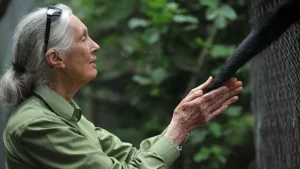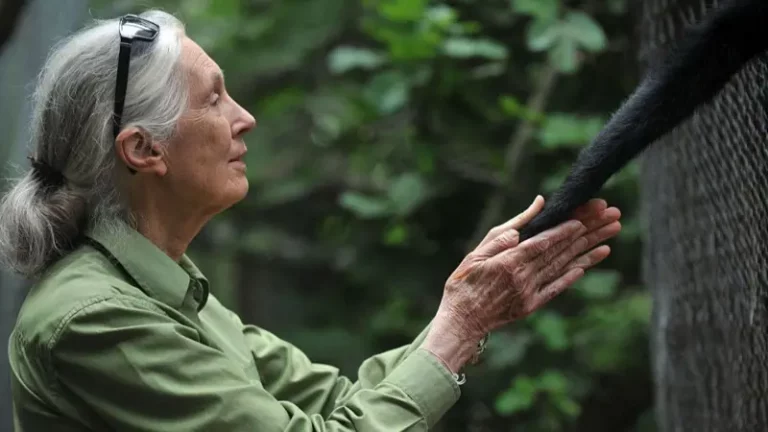Fugitive Assata Shakur Dead in Havana
Assata Shakur — the Black Liberation Army member and fugitive long sought by the FBI — has died in Havana, Cuban officials announced Friday. The Cuban Foreign Ministry said Shakur, also known as Joanne Chesimard, died Thursday from “health ailments and her advanced age.” She was 78 and was the godmother and step-aunt of the late rapper Tupac Shakur.
Shakur spent decades on the run after being convicted for her role in a 1973 shootout on the New Jersey Turnpike that killed state trooper Werner Foerster. Wounded in that exchange, she later said the FBI had targeted her as part of a broad campaign against Black militant organizations in the 1960s and 70s.
Assata Shakur: Conviction, Escape and Asylum
- Convicted for the 1973 Turnpike shootout that resulted in the death of a state trooper.
- Escaped from a New Jersey prison in 1979 while serving a life sentence.
- Resurfaced in Cuba in 1984 after being granted political asylum by Fidel Castro.
While living in Cuba, Assata wrote books, appeared in a documentary and publicly mocked U.S. efforts to extradite her. Her asylum, given by a communist government and shared with a handful of other U.S. fugitives, became a focal point for critics who argued Cuba should remain on the U.S. State Department’s list of countries that sponsor state terrorism.
FBI Reward and Terror List Designation
In 2013, the FBI placed Shakur on its most wanted terrorists list — the first woman to receive that designation — and New Jersey state officials raised the reward for her capture to $2 million. U.S. authorities maintained a long-running effort to secure her return, but she remained in Cuba until her death.
Legacy and Controversy
Assata’s life touched culture and politics beyond the courtroom. She was linked to prominent figures. Notably as the godmother and step-aunt of Tupac Shakur. And remained an outspoken advocate for armed revolution in the United States. Her supporters viewed her as a political exile. Her detractors called her a convicted killer who fled justice. The dispute over her asylum fed wider debates about U.S.-Cuba relations and the legacy of militant activism in the 1960s and 70s.
As news of Assata Shakur’s death spreads, reactions are likely to reflect the same divides that defined her life. Reverence from some quarters and controversy from others.
Follow TNN for continuing coverage of Assata Shakur and related developments. Stay tuned for the latest US news today and Canada news today.














